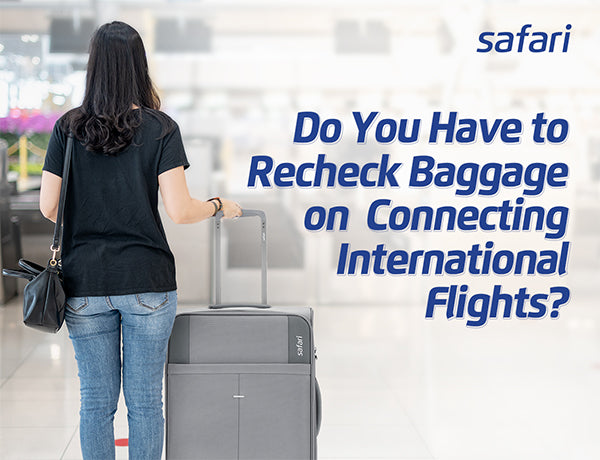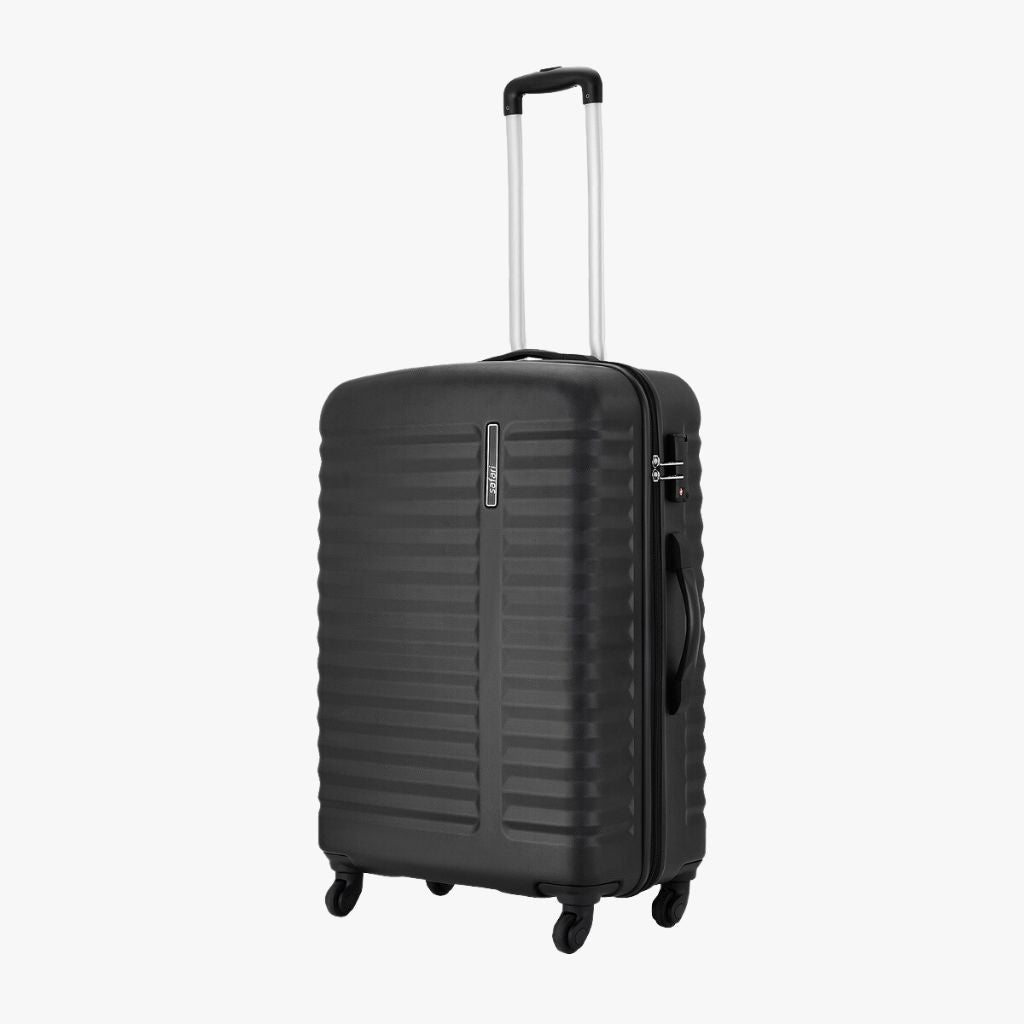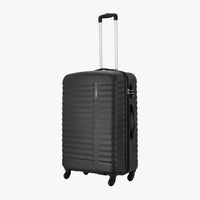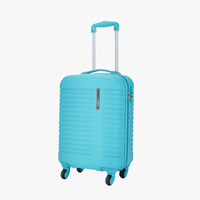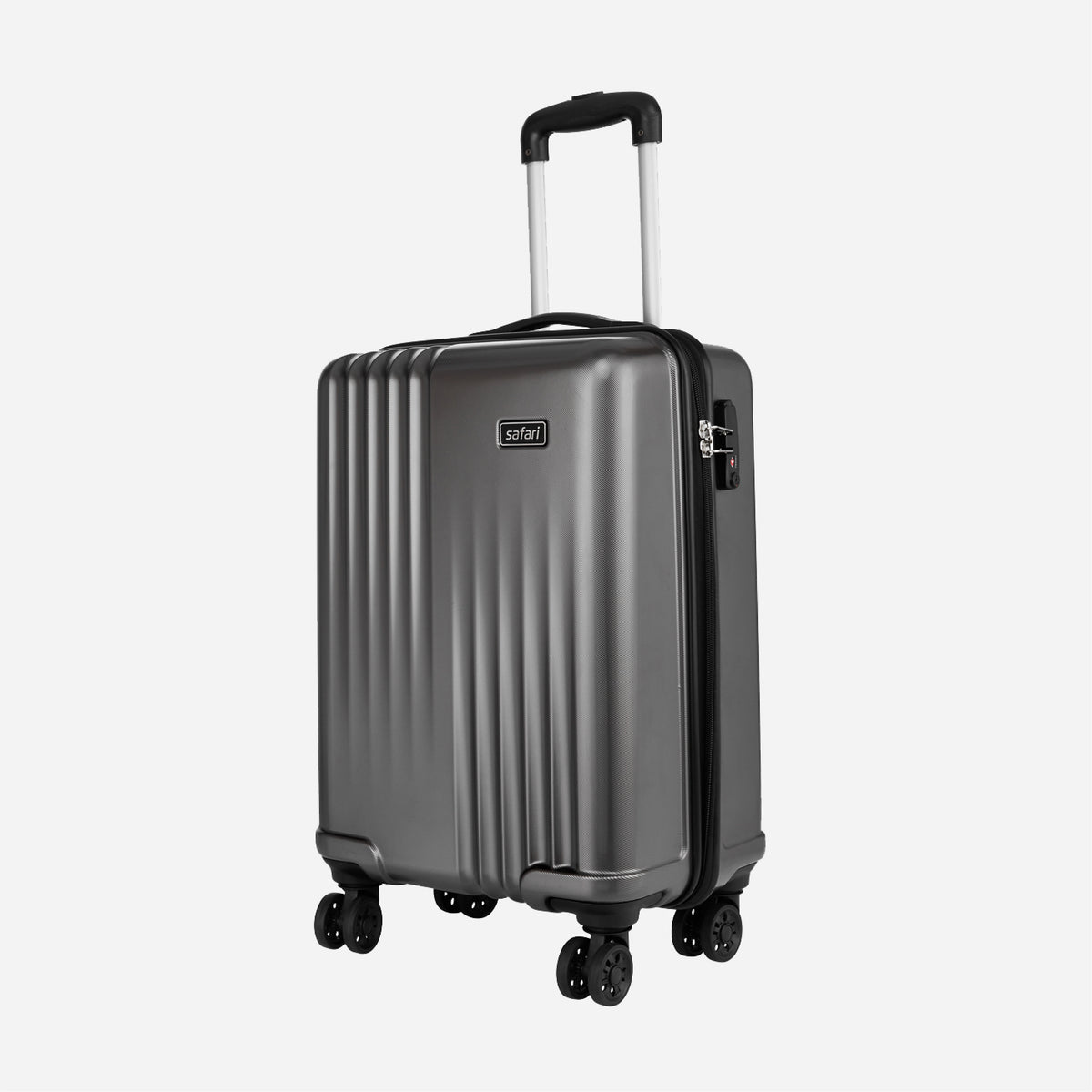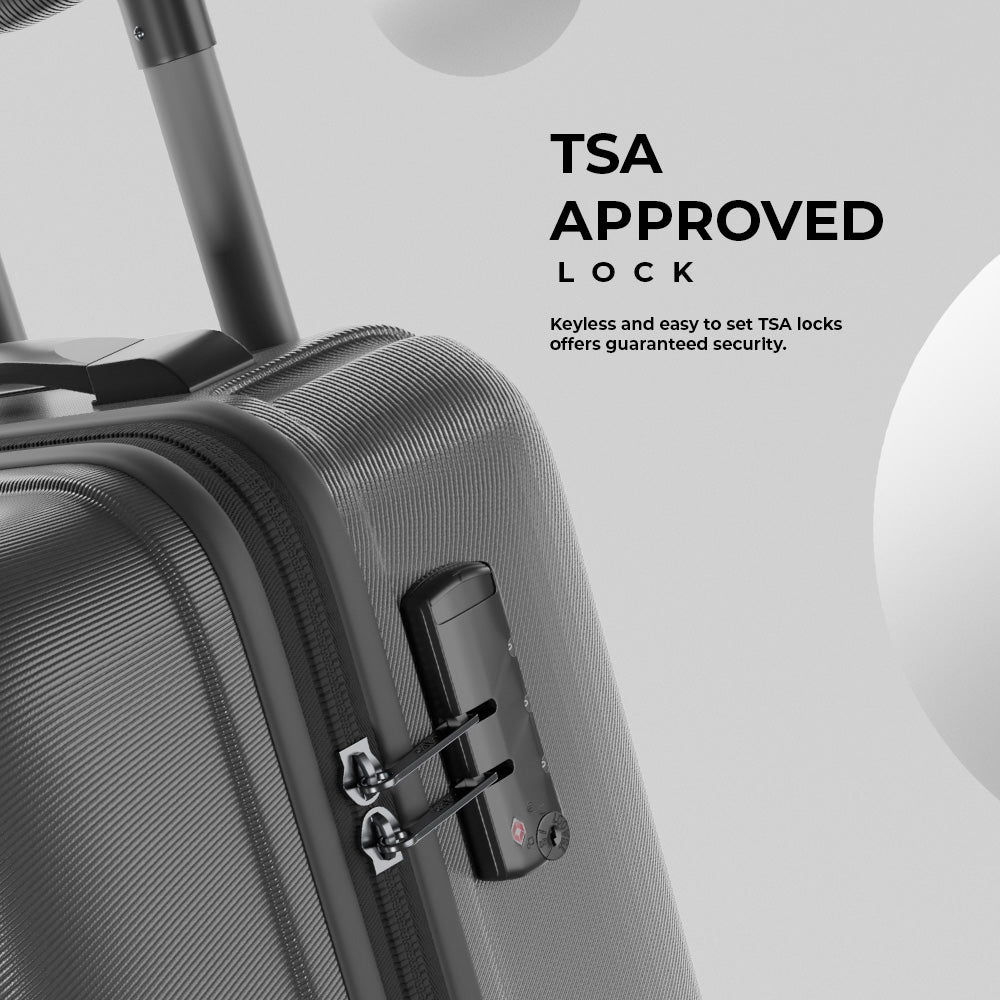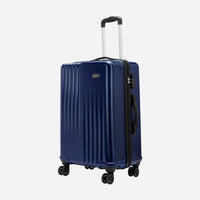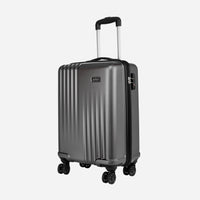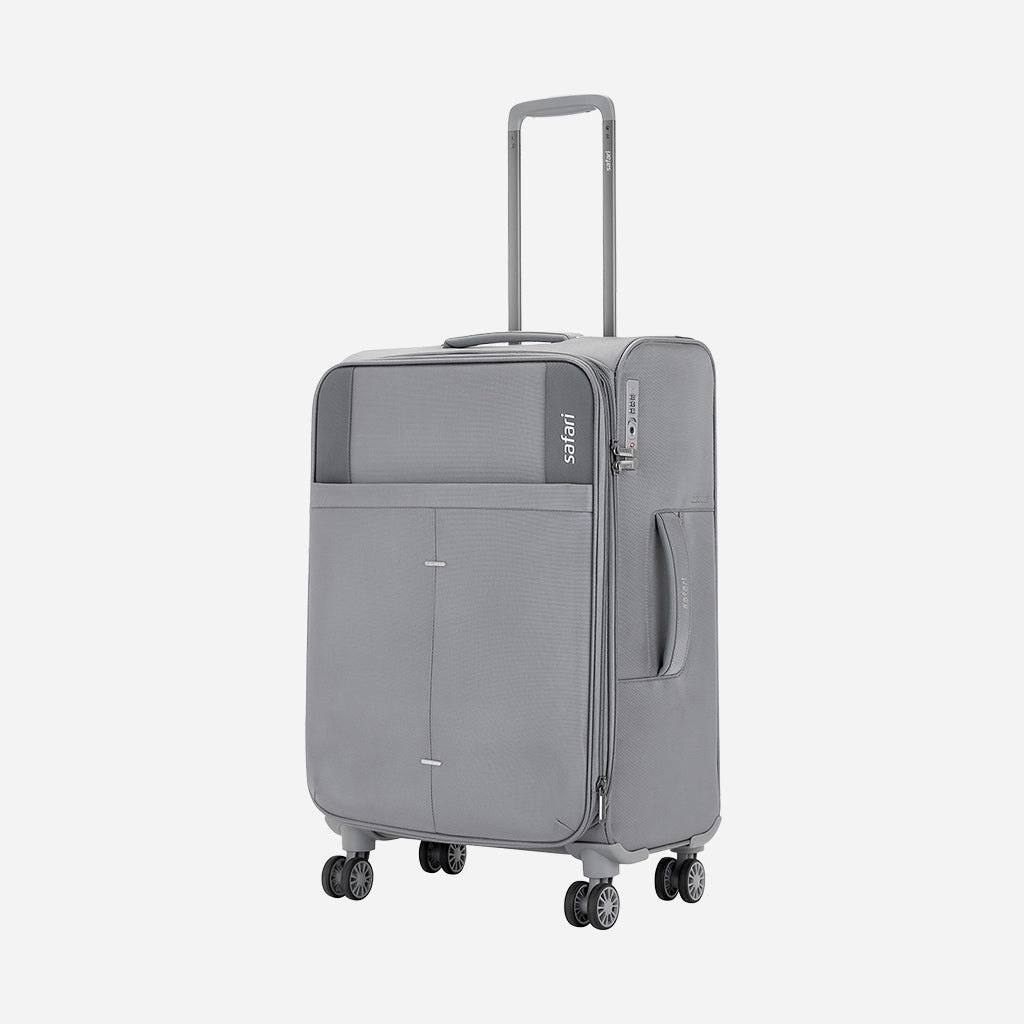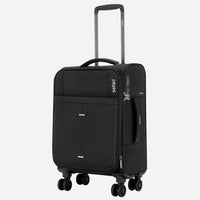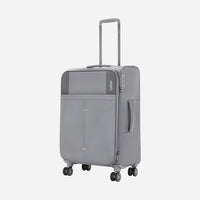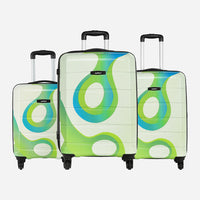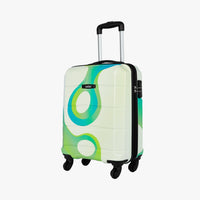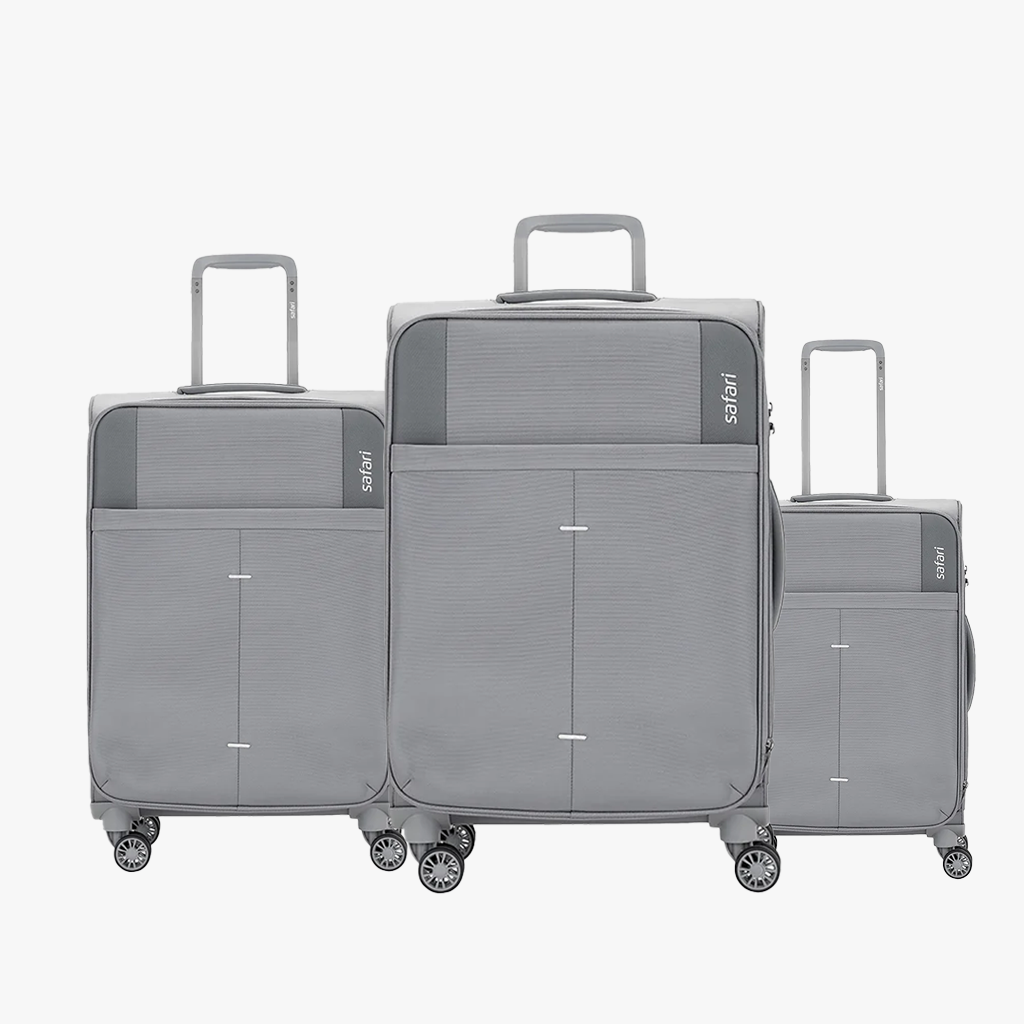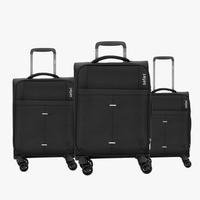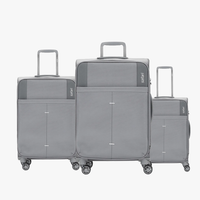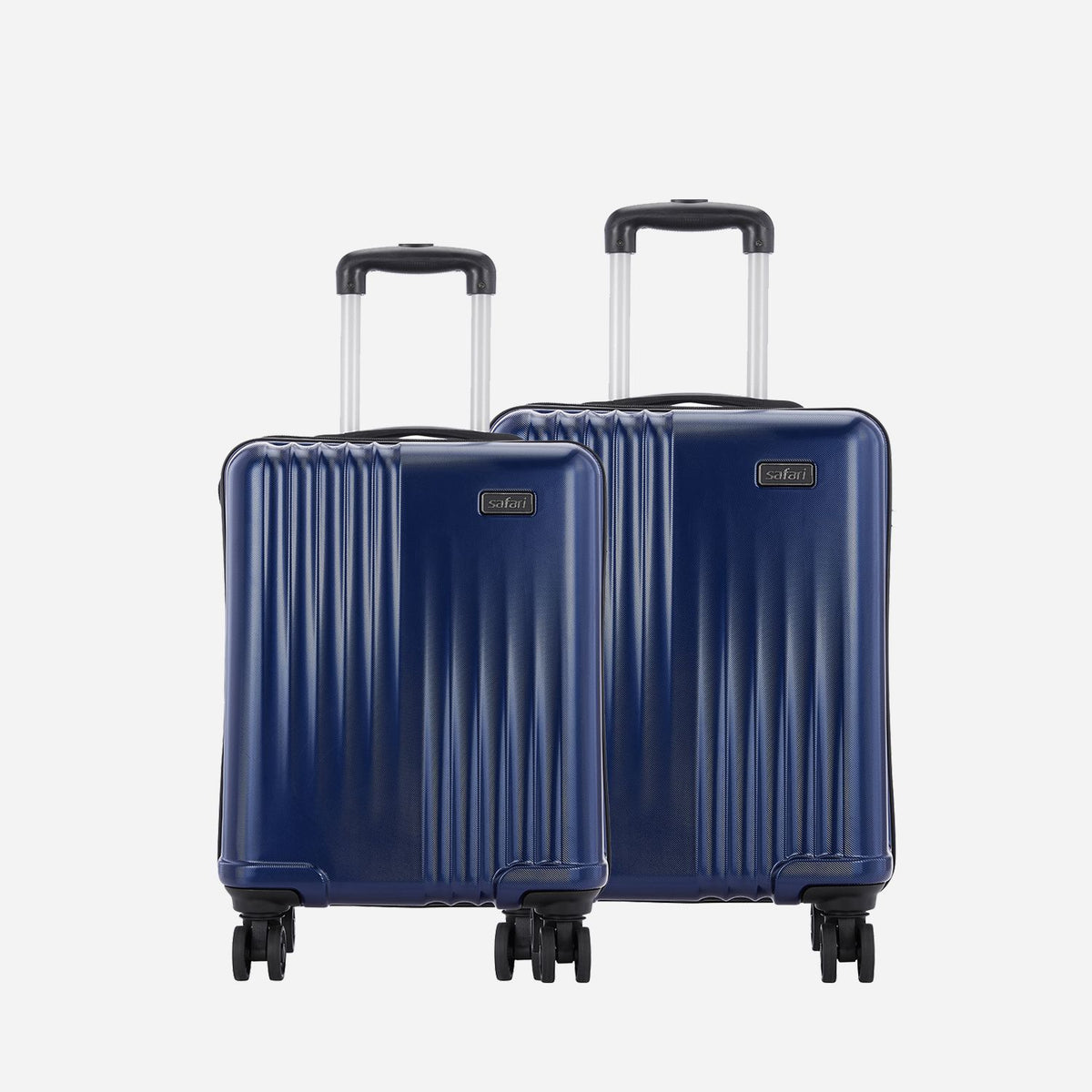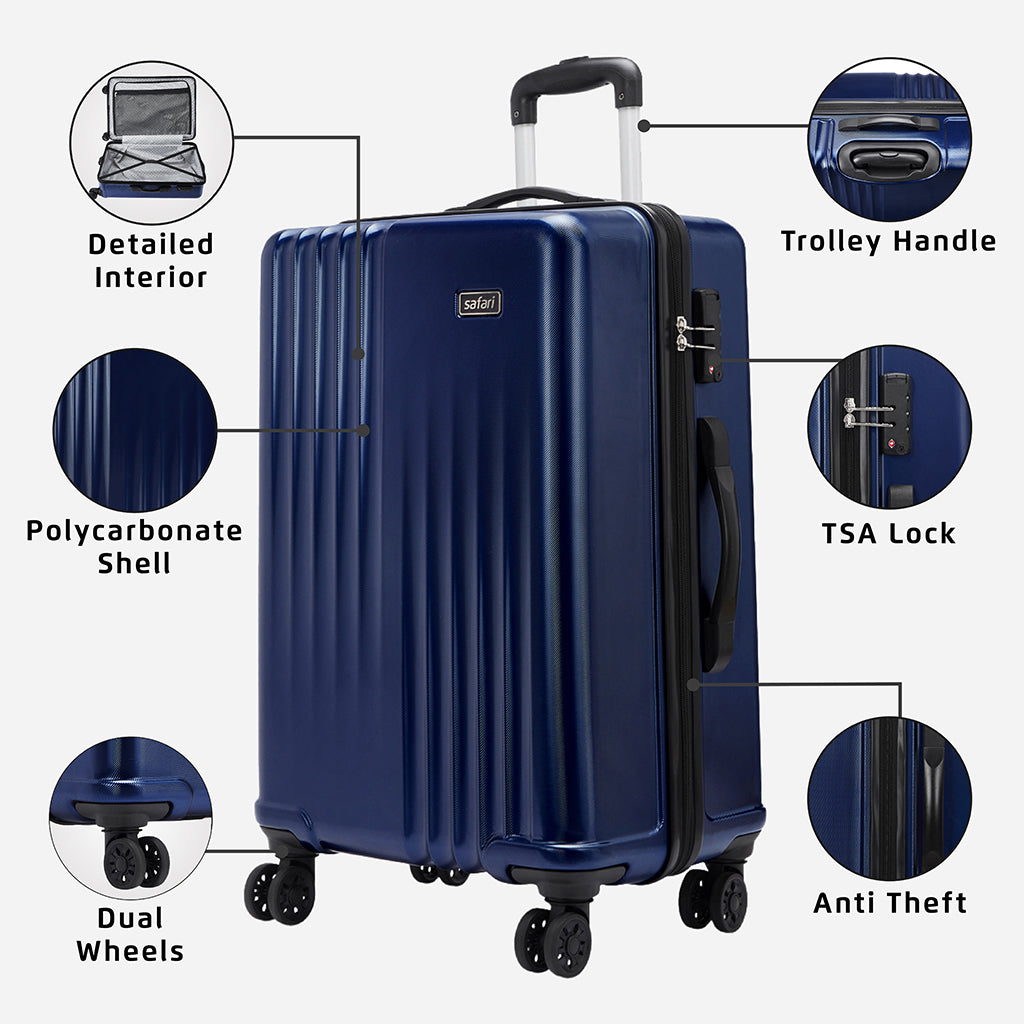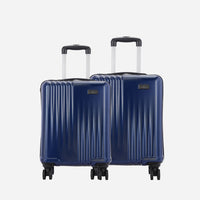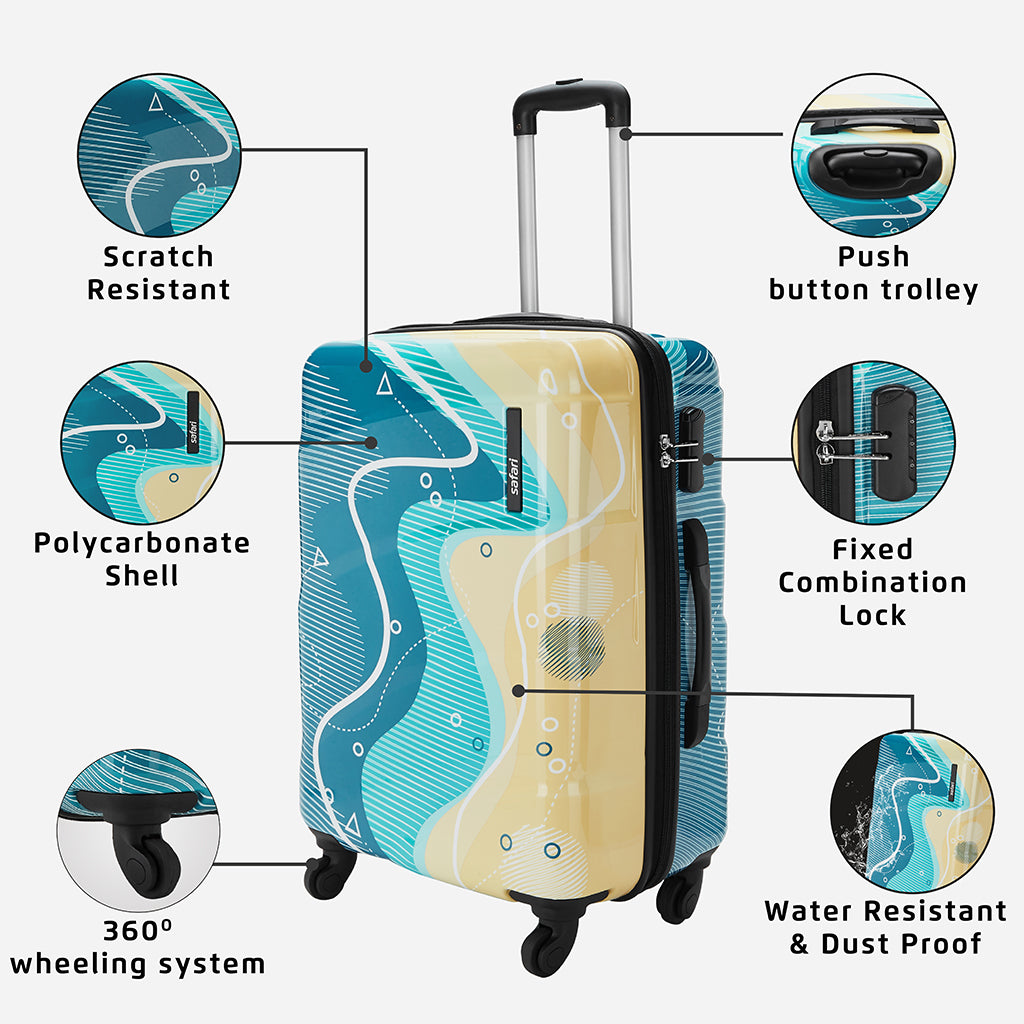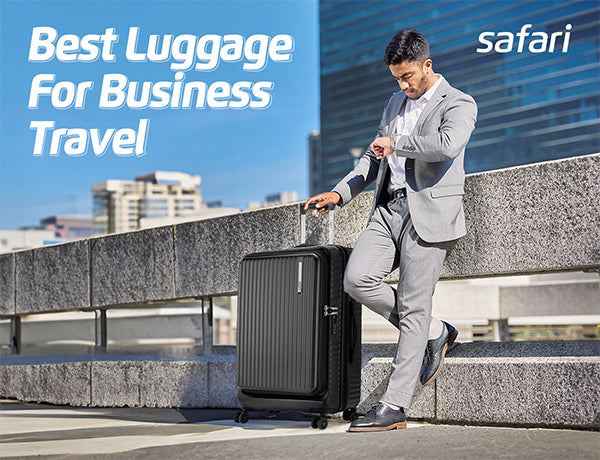Do you have to recheck baggage on connecting international flights? Understanding the rules surrounding baggage rechecking is crucial for Indian travelers embarking on international journeys. Unlike the simplicity of baggage transfer rules for domestic connections, international travel involves more intricate procedures that travelers need to navigate seamlessly. This article aims to provide a comprehensive guide to help readers understand international baggage transfer rules, ensuring a smooth and stress-free travel experience. By clarifying these rules, travelers can prepare adequately and minimize potential disruptions during their journey.
Understanding Connecting Flight Baggage Transfer Rules
When it comes to connecting flights, one common query is, "Do you have to recheck baggage on connecting international flights?" This question is crucial for travelers navigating multiple airlines and airports. Through this article we'll cover various scenarios, from domestic to international transfers, and explain when and why you'll need to recheck your bags. Stay tuned for a detailed breakdown to ensure your travel experience is smooth and hassle-free!
Codeshare Agreement
A codeshare agreement between airlines allows them to share flights under their own airline designator code, facilitating a seamless travel experience for passengers. This collaboration extends to baggage handling, ensuring that luggage is transferred seamlessly from one flight to another.
Thus, when travelers have connecting flights with airlines under a codeshare agreement, their baggage usually reaches the final destination without requiring them to recheck it. Codeshare agreements simplify the baggage transfer process, minimizing the hassle for passengers and reducing the risk of baggage mishandling.
Interline Agreement
An interline agreement involves airlines cooperating to handle passengers traveling on itineraries involving multiple airlines. This agreement includes provisions for baggage handling, allowing for the transfer of luggage, including trolley bags with TSA lock, between different airlines without passengers needing to collect and recheck their bags manually.
Impact of the Agreement on Baggage Handling and Rechecking
Interline agreements enhance the efficiency of connecting flight baggage handling, ensuring smoother transitions for passengers and reducing the likelihood of baggage delays or loss.
Domestic to International Connections
Same Carrier
When connecting flights with the same airline, baggage transfer policies are typically straightforward. Passengers generally do not need to pick up their baggage between flights unless specified otherwise. At the airport, travelers can expect a streamlined process where their luggage is automatically transferred to their connecting flight.
When traveling with the same airline, passengers should still confirm the specific baggage transfer policies. Checking for codeshare or interline agreements between flights can provide clarity on baggage handling procedures and any exceptions that may apply.
Codeshare and interline agreements facilitate seamless baggage transfer between flights operated by the same airline, ensuring a hassle-free travel experience for passengers.
While rare, there may be exceptions where passengers are required to collect and recheck their baggage due to operational reasons or specific airport policies. Checking with airline representatives or reviewing the booking details beforehand can help clarify any exceptions.
Different Carriers
When connecting flights involve different airlines, the baggage transfer process becomes more complex. Passengers may need to collect their baggage upon arrival from the first flight and recheck it for the next flight. This process involves going through customs and immigration if crossing international borders.
To ensure a smooth transition between flights with different carriers, travelers should:
- Check the baggage transfer policies of both airlines involved.
- Allow sufficient time between flights to account for potential delays in baggage handling.
- Pack essentials in a carry-on bag, such as a duffle bag. Alternatively, you can carry a set of trolley bags, to manage in case of delayed baggage.
- Verify codeshare or interline agreements to understand how baggage transfer is managed across different airlines.
The necessity to recheck baggage arises from the need to comply with customs and security regulations when crossing international borders or when transferring between airlines without codeshare or interline agreements.
Codeshare and interline agreements play a crucial role in determining whether passengers need to collect and recheck their baggage when connecting flights involving different airlines.
In cases where airlines do not have agreements in place, or if specific airport regulations require baggage collection and rechecking, passengers should be prepared for this additional step and check exceptions if any.
International to International Connections
Same Carrier
When flying internationally with the same airline, baggage transfer is typically automated and streamlined. Passengers do not usually need to collect and recheck their baggage between flights. Airlines with efficient international connections include major carriers like Emirates, Singapore Airlines, and Lufthansa.
Codeshare and interline agreements between airlines facilitate seamless baggage transfer for passengers traveling internationally on the same carrier. These agreements ensure that luggage is transferred without requiring passengers to intervene.
While rare, exceptions may occur due to operational changes or specific airport requirements. Passengers should verify their baggage transfer details with the airline to understand any exceptions that may apply.
Different Carriers
When connecting internationally with different airlines, passengers may need to collect their baggage upon arrival from the first flight and recheck it for the connecting flight. This process is necessary due to customs, immigration requirements, and the lack of codeshare or interline agreements between carriers.
To ensure a smooth transition between international flights with different carriers, passengers should:
- Allow ample time between flights for baggage collection, customs clearance, and rechecking.
- Pack essentials in a carry-on bag, to manage in case of delayed baggage.
- Confirm baggage transfer policies and requirements with both airlines involved in the journey.
- Consider travel insurance that covers baggage loss or delays for added peace of mind.
The need to recheck baggage when connecting internationally with different airlines stems from varying operational procedures, customs regulations, and security measures at airports worldwide.
Codeshare and interline agreements streamline baggage transfer processes between airlines, but their absence can necessitate baggage collection and rechecking.
Exceptions may include specific airport policies or regulatory changes that require passengers to collect and recheck their baggage when connecting internationally with different carriers. It’s essential for travelers to be aware of such exceptions to avoid unexpected delays or complications.
International to Domestic Connections
Same Carrier
Upon arrival from an international flight to a domestic connection with the same carrier, passengers typically follow these procedures:
Passengers will disembark the international flight and proceed to clear customs and immigration as required by the destination country's regulations. Once cleared, they proceed to the domestic transfer area within the airport.
Ensure all necessary documents (passport, visa, boarding pass) are readily accessible. Follow airport signage or inquire with airline staff for directions to the domestic transfer area. Check-in for the domestic flight if necessary.
If the international and domestic flights are under a codeshare or interline agreement, the airline typically transfers baggage directly to the final domestic destination without passengers needing to recheck it.
Some airports may require passengers to collect baggage at the international arrival terminal and recheck it at the domestic departure terminal due to facility constraints or security protocols. Always check with airline or airport personnel for specific instructions.
Different Carriers
When connecting from an international flight to a domestic flight with different carriers, the process for rechecking baggage and other considerations include:
Upon arrival, passengers must collect their baggage at the international arrival terminal. Proceed to the domestic terminal and check-in with the respective domestic carrier. Baggage may need to be rechecked if the airlines do not have a codeshare or interline agreement.
Ensure sufficient time between flights to account for customs clearance, baggage collection, and check-in procedures. Familiarize yourself with the layout of the airport to minimize confusion during the transfer.
Different carriers may have separate baggage handling systems and policies, necessitating passengers to physically retrieve and recheck their baggage to comply with airline regulations.
If the international and domestic flights involve carriers with a codeshare or interline agreement, inquire whether baggage can be checked through to the final destination. This can streamline the process and reduce the need for manual rechecking.
Some airports may lack facilities for transferring baggage between airlines, requiring passengers to collect and recheck their baggage even with a codeshare or interline agreement in place.
Indian Carriers and Their Rules
Air India
Air India typically allows baggage to be checked through to the final destination on connecting international flights, provided they are under a single ticket or part of a codeshare agreement. Passengers may need to clear customs and immigration at the first port of entry in India before proceeding to domestic connections.
If transferring to a domestic flight, passengers usually do not need to collect and recheck baggage if both flights are under Air India or its codeshare partners. Baggage handling is facilitated to ensure smooth transitions.
IndiGo
IndiGo follows stringent baggage policies, including separate handling for international and domestic flights. Passengers may need to collect baggage at the international terminal and recheck it for domestic connections due to the airline's policies and airport constraints.
Ensure compliance with IndiGo’s policies regarding baggage rechecking, as specific procedures may vary depending on airport facilities and agreements with partner airlines.
Vistara
Vistara offers seamless baggage transfer for passengers connecting from international to domestic flights, especially if part of a codeshare or interline agreement. Baggage is generally checked through to the final destination, reducing the need for passengers to collect and recheck.
Check Vistara’s updated policies regarding baggage handling on connecting flights to ensure a hassle-free travel experience. Verify whether baggage needs to be rechecked at the first port of entry or can be checked through to the final destination.
SpiceJet
SpiceJet’s policies may require passengers to collect and recheck baggage at the first port of entry in India, even if connecting to a domestic flight operated by the same or a codeshare partner airline. This is subject to airport facilities and agreements.
Review SpiceJet’s guidelines for baggage rechecking to understand the procedures and any exceptions Check Updated Rules that may apply based on the airport and flight arrangements.
It’s crucial for travelers to check the latest baggage rules and procedures of their selected carrier at the time of booking tickets and before undertaking actual travel. Rules can vary based on airline policies, airport facilities, and agreements with partner airlines.
Practical Tips and Recommendations for Smooth International Travel
Traveling internationally involves careful planning and understanding of baggage rechecking procedures. Here are some practical tips and recommendations to ensure a seamless travel experience:
- Always check the baggage policies of your airlines, especially when connecting internationally. Understand whether you need to collect and recheck baggage at your first point of entry or if it will be checked through to your final destination.
- Allow ample time between connecting flights to accommodate baggage transfers. International airports can be large and navigating through customs, security, and baggage claim areas can take time. Aim for at least a 2-hour layover to minimize stress.
- If traveling on multiple airlines or under codeshare agreements, verify how baggage handling is managed. Codeshare agreements often allow for smoother transfers where baggage is checked through to the final destination, but this varies by airline and route.
- Be aware of exceptions that may require you to collect and recheck baggage. Some airports or specific flights may have different procedures based on security regulations or airport facilities.
- Create a checklist before your trip to ensure all necessary documents and items are packed and easily accessible. Include checking baggage tags and confirming transfer details to avoid any last-minute surprises.
By following these tips and recommendations, travelers can streamline their international travel experience, minimize the risk of baggage mishandling, and enjoy a more relaxed journey from departure to arrival. Always stay informed and plan ahead to make the most of your travel adventures with Safari’s practical and trendy trolley bags for women.
To Pack it Up…
Understanding checked baggage rules for transfer is crucial for smooth international travel. Here's a quick recap:.
Know whether you need to recheck your baggage when connecting internationally. This varies based on airline policies, codeshare agreements, and airport procedures.
Keep yourself updated with the latest baggage policies of your airlines and airports. Check for codeshare agreements and exceptions that may affect your baggage transfer process.
Allow sufficient layover times between flights to ensure seamless baggage transfers. Prepare a checklist before your trip to verify baggage tags and transfer details.
Staying informed and planning ahead can significantly enhance your travel experience, ensuring that your luggage arrives safely at your destination. Follow these tips to navigate baggage transfer rules effectively and enjoy a stress-free journey with Safari’s best trolley bags for men. Safe travels!
Frequently Asked Questions
Do I have to pick up my luggage on a connecting international flight?
In most cases, if you have a single ticket and your connecting flights are on the same airline or under a codeshare agreement, your luggage will be transferred automatically to your final destination without needing to pick it up.
Do you have to recheck in on connecting flights internationally?
It depends on your itinerary and the airlines involved. If your connecting flights are on the same ticket and with the same airline or under a codeshare agreement, your baggage is usually transferred automatically. However, if you're switching airlines, you may need to recheck your baggage.
How do I know if I need to recheck my bag internationally?
Check your ticket and itinerary. If your flights are on the same ticket and under a codeshare or interline agreement, your baggage will likely be transferred automatically. Review your airline's policies or contact them for specific guidance.
Do I have to recheck bags on a connecting international flight with different airlines?
If your flights are not under a codeshare or interline agreement, you will likely need to claim and recheck your baggage between flights. Check with your airlines for specific instructions and allow sufficient time for this process.
Does my checked baggage go to the final destination internationally?
If your flights are booked under a single ticket and with the same airline or under a codeshare agreement, your checked baggage typically goes to your final destination without needing to be picked up and rechecked. Always verify with your airlines to confirm.

 Return Request
Return Request
